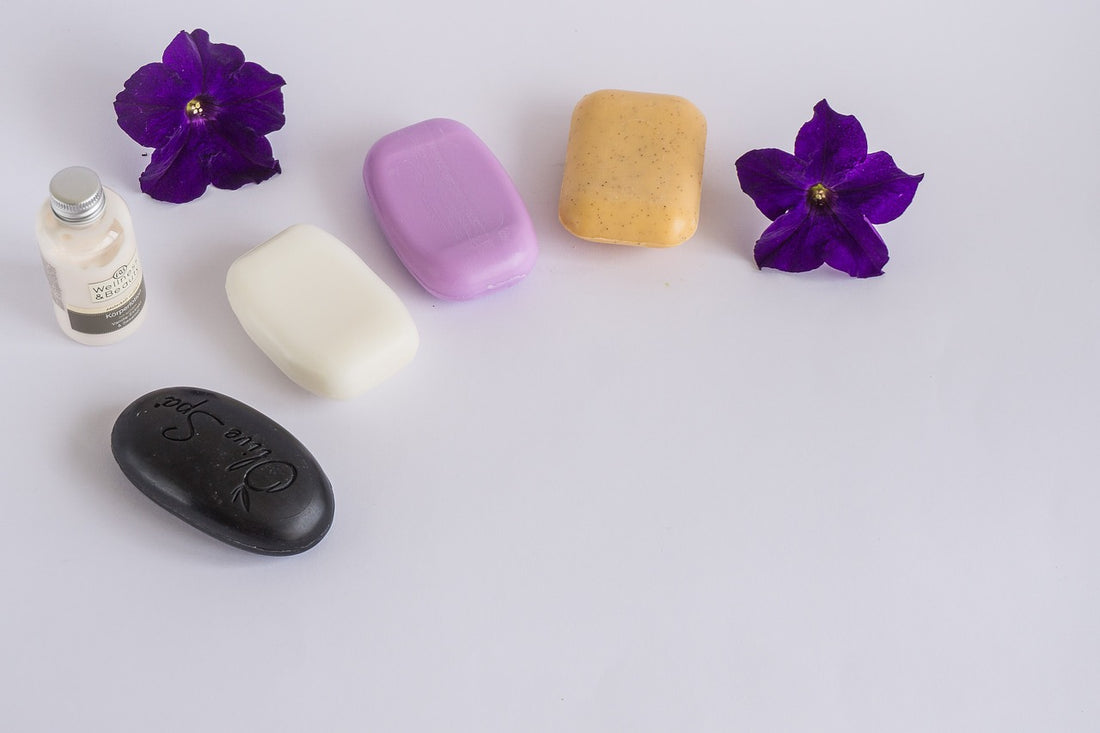If you’ve been perusing the beauty and skincare aisles lately, you’ve probably seen one item pop up all over the place: African black soap. Maybe you’ve seen it in a body far or especially for the face, but one thing’s for sure - this ingredient is having a moment.
And it has been met with mixed reviews. Some see it as a skin-soothing miracle product, while others claim that it’s drying or that it even burns their skin.
That’s why we figured we’d investigate and see what all the hype - and all the confusion - is really about.
Our final verdict? It could be a great product for you, particularly if you have oily or acne-prone skin. That said, we recommend that you proceed with caution and know that this isn’t something you can just slather on with abandon.
What Is African Black Soap
First thing’s first: unlike with most skin care products - which are pretty standardized - you will probably never buy the same African black soap twice. Why? Known as ose dudu in Yoruba (which literally translates to black soap), the soap is made by combining:
- Potash from plantain skins or cocoa pods: The pods and skins are cooked until they turn to ash or charcoal. This gives the soap its dark coloring and its purifying elements. It also adds antioxidants to the formula that make it great at fighting free radical damage.
- Palm kernel oil: This oil adds a moisturizing and skin-balancing element to the soap.
- Shea butter: You want a black soap with shea butter since this keeps it from being overly harsh and makes it hydrating.
- Coconut oil: This is often added to nourish the skin and provide another protective element.

But the thing is, plants don’t grow the same way every time, and each batch can contain slightly different proportions of the main ingredients (even if you’re buying from the same brand every time). That’s why you’ll never get the same soap twice - and also why it can cause skin reactions sometimes, and feel super nourishing others.
The Benefits
In western Africa, black soap was created to protect their skin against the arid environment and sun-soaked conditions. It's benefits?:
- Purifies skin
- Balances oil production
- Brightens complexion
- Fades scars
- Heals breakouts
But There’s a Caveat
This is ultimately a purifying and balancing product, and it can definitely be harsh if that’s not what you need. If you have dry, normal, or sensitive skin, then, it can be very drying and irritating - particularly if you use it on your face. If this is you, we suggest a more gentle and nourishing cleanser like Bright Side that will protect and rebuild your skin’s natural barrier with ingredients like mango seed butter, vitamin E, and glycolic acid.
Even if you do have oily or acne-prone skin, keep in mind that you may expect your skin to go through a purging period when you first start using African black soap. During this time, the skin can feel dry, tight, and extra congested.
This is especially true if you’re battling skin congestion to begin with, and it should clear after about a week. Either way, you do need to use a powerful moisturizer to offset the drying effects, and it certainly can be worth it if you want to really clear your skin up.
The Final Verdict
If you have oily skin, acne prone skin, or excessive dark spots, African black soap can truly help you overcome these concerns and clarify your skin over time. That said, always remember that you’re dealing with a really effective, strong product here - so you have to use with care and make sure that your skin is not becoming over-dry in the process.
Here’s to clearer, brighter skin!


